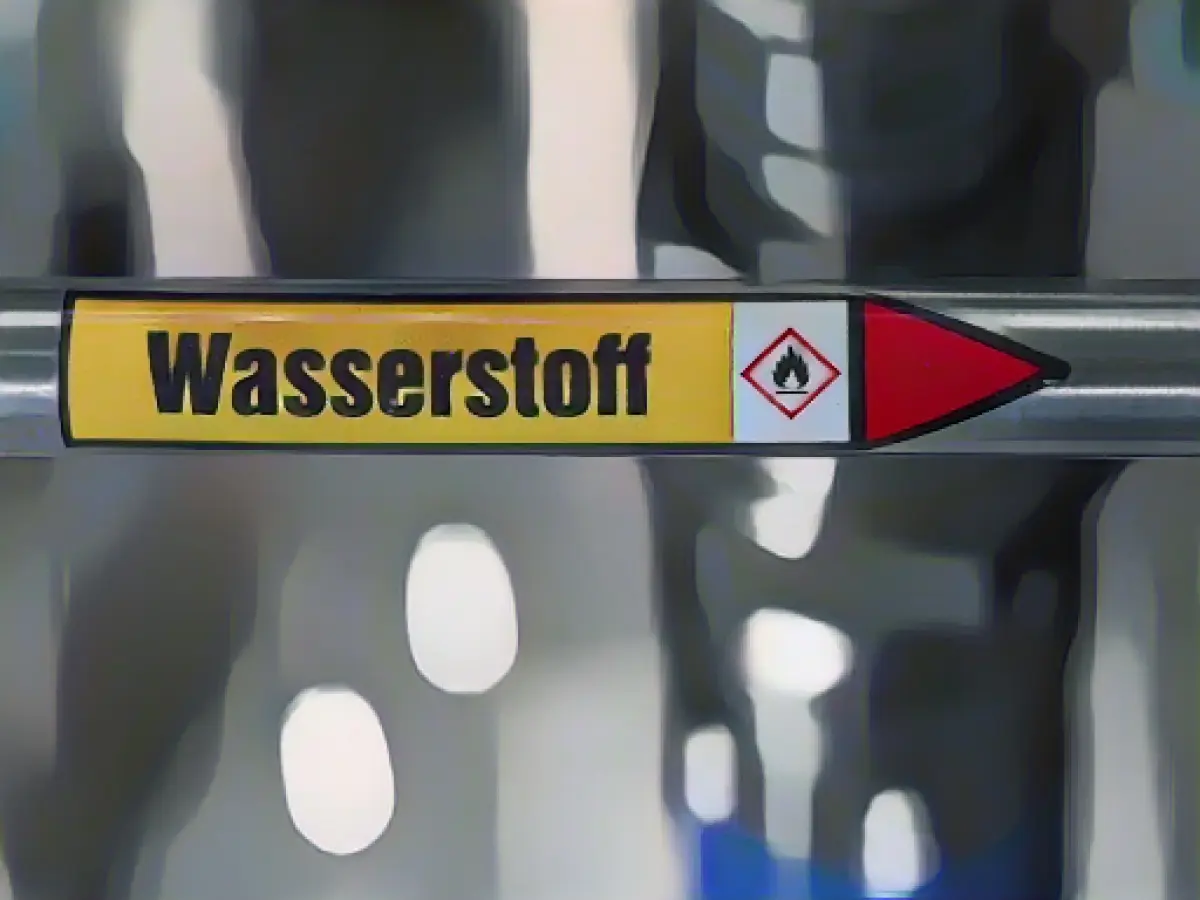Cooperation in the development of the hydrogen economy
The five northern German states see the coastal regions of the North and Baltic Seas as playing a key role in the development of a hydrogen economy. Representatives of the state governments of Lower Saxony, Bremen, Hamburg, Schleswig-Holstein and Mecklenburg-Western Pomerania announced at the first North German hydrogen conference in Cuxhaven on Wednesday that they want to work closely together to shape the transformation process. The states have had a joint hydrogen strategy since 2019.
Lower Saxony's Economics Minister Olaf Lies (SPD) said that cooperation between the northern German states at all levels was crucial for the future of the hydrogen economy in the north. "We need strong solidarity between the northern German states."
It had become clear at the conference that the first infrastructures and investors for the hydrogen economy were in place, but now the issue of energy costs had to be addressed. "We must ensure that energy in the north is so cheap that we can also produce hydrogen at low cost and thus also supply the south," said the SPD politician.
Hydrogen produced using renewable energy should make a significant contribution to climate protection. However, a lot of energy is required to produce hydrogen using electrolysis. If renewable energy is used for this, it is referred to as "green hydrogen".
Northern Germany offers "ideal conditions" for a hydrogen economy, said Mecklenburg-Western Pomerania's Minister of Economic Affairs Reinhard Meyer (SPD) in a statement. "With our seaports for the import of hydrogen, the availability of cavern storage facilities and the enormous onshore and offshore wind potential for electrolysis, an important foundation stone for green industry and Germany's future security of supply is being laid here."
As part of the conference, the company Turneo also officially commissioned a plant for the production of green hydrogen, an electrolyzer with a capacity of two megawatts. Turneo is a joint venture between the energy supplier EWE and the Hamburg-based investment company Karlsson. According to EWE, the hydrogen produced by the plant will be used to power a supply ship owned by crude oil and natural gas producer Wintershall Dea. The ship will sail between Cuxhaven and the Mittelplate drilling platform.
Around 200 participants came together at the conference, including many representatives from the port and energy industry. In future, the conference will be held at different locations in the federal states.
The federal states are exploring the use of 'green hydrogen', produced through electrolysis powered by renewable energy, as a potential solution for climate protection. However, high energy costs pose a challenge in making hydrogen production economically viable.
At the conferences, representatives of the northern German states have discussed the importance of 'gas' infrastructure and cooperation between federal states to reduce energy costs and make 'hydrogen' production more affordable.
Source: www.dpa.com








